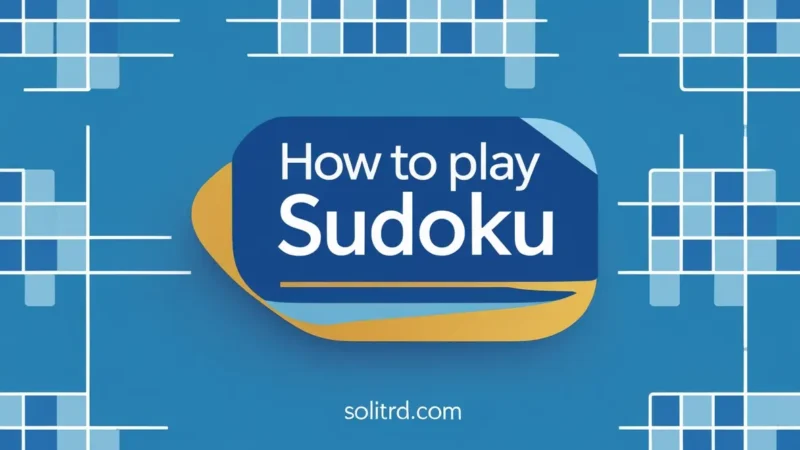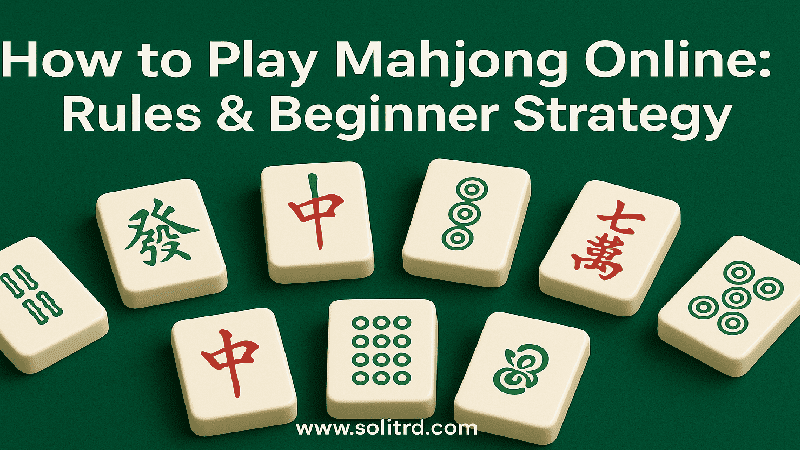How to Choose Health Insurance Smartly in the USA

Do you feel overwhelmed by health insurance jargon?
You are not alone! With the wide variety of plans, providers, and prices, searching for health coverage in the U.S. can be daunting how to choose health insurance. But don’t worry. This will guide will make it easy for you to find the best health coverage without incurring unnecessary expenses while allowing you to choose the best plan for you and your budget.
Let’s get into it!

🩺 What Health Insurance Is and Why You Must Have It
Definition:
Health insurance is a contract that you have with an insurance provider which helps you pay for medical expenses when things happen that create an unexpected health issue. Health insurance is designed to protect your finances when things in your life go sideways.
Why is health insurance important:
- Medical care in the U.S. is expensive — even a brief hospital stay can cost tens of thousands of dollars.
- Insurance provides preventive care to you — and often at no cost.
- Peace of mind knowing you are covered financially.
- With no coverage, you may incur bills of devastating amounts and push off important care you should be receiving.
❓ Important Questions to Ask Yourself Before Choosing a Plan
When choosing your health insurance plan it is more than just finding the least expensive plan. Here are some questions to consider:
- Your Health: Do you have any chronic conditions, medications, or surgeries planned?
- Network Size: Are your doctors or hospitals in-network?
- Premiums: What is your monthly premium just to hang on to insurance?
- Your Deductibles and Copays: How much will you pay out-of-pocket before the benefits start?
- Out-of-Pocket Maximum: The most you will pay in a year—this is especially important in the event of a medical emergency.
- Your Prescription Coverage: Laplan cover your medications?
- Family or Individual Plan: Coverage wants of your household will be very different.
📊 Types of Health Insurance Plans
By understanding roughly what type of health plan you might need, you can eliminate some of your options.
Comparison Table (Example):
| Plan Type | Flexibility | Referral Needed | Cost | Best For |
|---|---|---|---|---|
| HMO | Low | Yes | $ | Cost-conscious users |
| PPO | High | No | $$$ | Families and frequent travelers |
| EPO | Medium | No | $$ | Urban users with limited needs |
| POS | Medium | Yes | $$ | Users who need specialist access |
🔍 Easy Ways to Compare Plans
When comparing health plans is easy here’s a simple, step-by-step way to do it right:
- Write down your priorities.
(For example, need specific doctors, chronic condition, low premiums) - Look at the Marketplace or your employer portal.
HealthCare.gov or the dashboard provided by your employer. - Use comparison tools.
For example, Policygenius, eHealth or the Marketplace at Healthcare.gov allows comparisons side-by-side. - Read the Summary of Benefits and Coverage (SBC).
This is the cheat sheet. It shows what is covered, what is not, and the estimated costs to you for the entire year. - Write out the total annual cost.
Premium(s) + Deductibles + Copays = Your true cost. - Verify the provider network.
Contact your physician’s office or use the insurer’s website to confirm they are in-network at the time of enrollment.
❌ Mistakes To Avoid
Many mistakes lead to people paying too much when enrolling in health insurance. Common errors:
- Selecting a low premium option and falling into high deductibles (without knowing)
- It’s a common mistake to assume all plans cover all medications.
- It’s also common to not confirm if their chosen doctors are in-network.
- Ignoring the out-of-pocket maximum.
- Not even reading the fine print about referrals or coverage limitations.
💡 Ways to Save Money on Premiums
Want to pay less for the same coverage (or better coverage)? Here are some ways to reduce your out-of-pocket premiums:
- With a high-deductible plan, use your HSA!
- Check plans every year as coverage changes yearly.
- If your income qualifies, check to see if your insurance premiums qualify for a subsidy on HealthCare.gov.
- In-network. When getting bills, make sure that the price you see and the charges are all in network. Take the time to understand what doctors charge you and your insurance beforehand.
- Bundle. Ask your employer or insurance company if discounts are available on combined plans.
🙋♂️ Frequently Asked Questions (FAQ)
1. What is the best kind of health insurance plan for families?
Families have a variety of needs and PPOs and POS plans allow for the most options. While an HMO could be financially beneficial if your family doesn’t leave its network.
2. Can I switch health and dental insurance plans mid-year?
Not normally. However, you can switch if one the qualifying events has occurred (losing coverage, getting married or having a child).
3. What does deductible mean?
A deductible is your out-of-pocket, before insurance pays. Lower deductible = higher premiums used = higher monthly premiums and vice versa.
4. Are pre-existing conditions covered under my plan?
Yes. The Affordable Care Act (ACA) requires insurance plans to cover the cost of pre-existing conditions.
5. How do I know if my doctor is in my network?
You could either check your insurance company’s website or call the doctor’s office directly.
✅ Final Thoughts: Make Smart Choices and Stay Covered
how to choose health insurance Purchasing health insurance is not only about monthly premiums; but rather more importantly about protecting your health and your finances. By becoming educated on the types of plans, comparing plans smartly and avoiding some pitfalls that many do each year, you can choose a plan that meets your unique needs with at least some confidence.
So go ahead today – log in to your insurance portal or go to HealthCare.gov to see your options and find out how to choose health insurance that suits your specific situation.
Solitaire is a timeless game that encourages clear thinking, strategic moves, and mental clarity. It’s perfect for unwinding, offering a peaceful and satisfying way to relax. Playing helps develop concentration, persistence, and decision-making. As a solo activity, it’s a great tool for both entertainment and personal mental growth.






